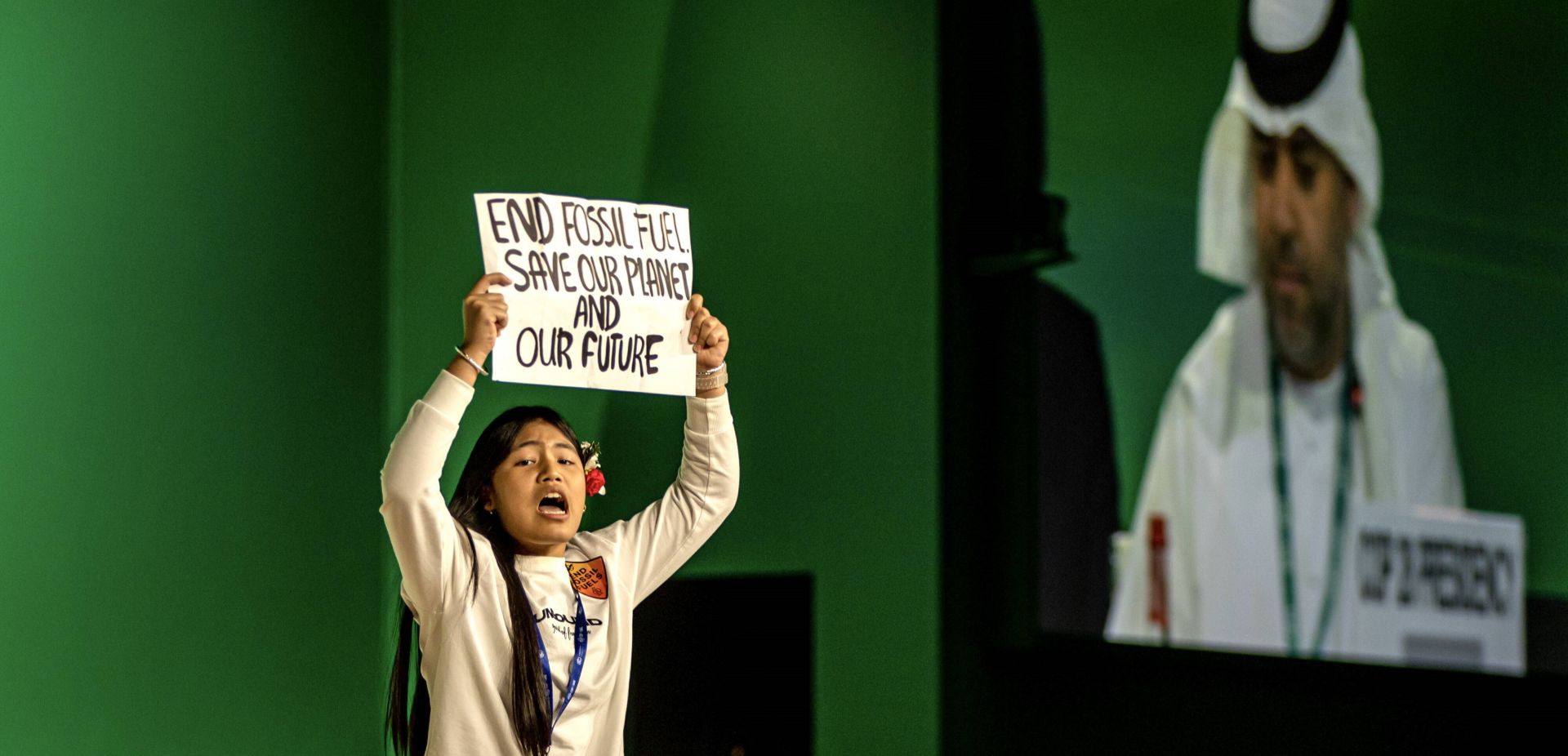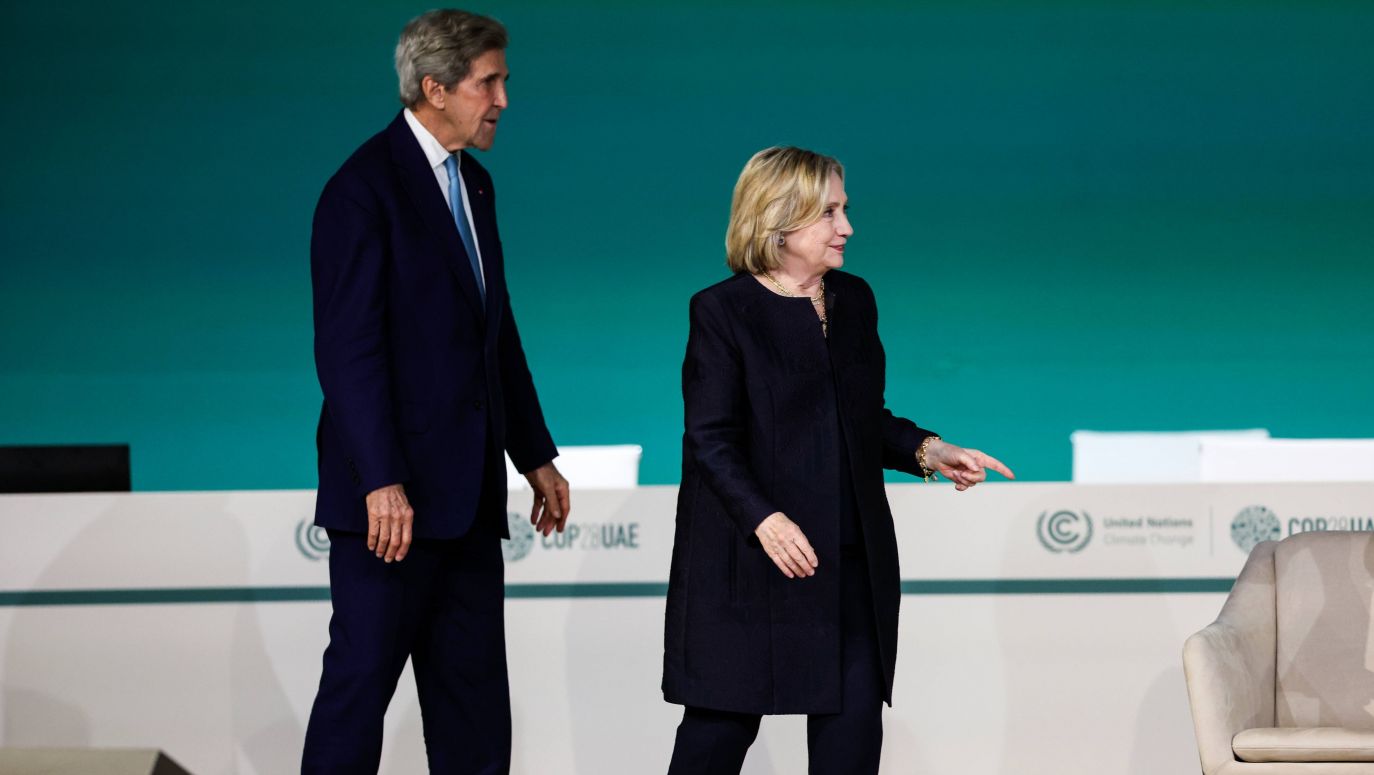Oil and gas producers were keen on committing to reducing emissions rather than extraction for obvious reasons. If by 2050 the production of oil and natural gas were to be reduced to zero, they would have to shut down their businesses. Since many nations in the Middle East, among others, live off these industries, there would surely be more protesters than residents of the Marshall Islands, who are alarming the world that their islands will soon be submerged under rising sea levels due to climate changes. The world can somehow endure the drama of the Marshallese and accept these tens of thousands of people in other countries. If suddenly it turned out that the majority of Arab societies had nothing to live on, the consequences would be much worse.
Let’s add on a side note, but this would be a note of the kind that is larger than the whole, that the world would then have no means to produce electrical energy. Nota bene, even today, several hundred million people do not have access to a stable and safe source of electricity. That is why, among others, African countries were some of the strongest protesters against radical solutions. Activists seem to think that one fine day, the Earth will produce electricity thanks to wind turbines and solar panels, and perhaps hydroelectric power plants, and everyone will be happy. However, they do not take into account that about 80% of energy is currently obtained from other sources: most from burning coal, then gas, followed by nuclear and biomass combustion.
 SIGN UP TO OUR PAGE
SIGN UP TO OUR PAGE 
Indeed, the share of renewable energy in the so-called energy mix is increasing, but it is not possible to reach 100% within the next three decades. Moreover, even if by some miracle this happened, a few days of windless and cloudy weather in any area would lead to a local disaster. This is compounded by the significantly increased demand for electricity to charge electric cars, which even in sun-drenched lands and those swept by constantly blowing breezes can cause serious trouble.
Take California as an example, where this year recommendations were issued to electric car owners to charge their vehicles only during certain hours. This was to avoid overlapping power demands for chargers and for intensively working air conditioning in the afternoons and evenings, as the power grid was unable to handle it. For now, these were just recommendations, but in the case of bigger problems, it can be imagined that the authorities would be forced to introduce restrictions.
So explaining to twelve-year-old Miss Licypriya, or her younger colleagues who will surely populate various climate conventions in the future, that stopping the extraction of fossil fuels is not possible, and it would probably be difficult for her to reconcile the fight for the planet with the awareness that her native India also needs electricity. However, as I mentioned earlier, she was rather a mandatory ornament of the gathering, while the decisions were negotiated by people able to count money and plan economic development. Moreover, seeing change as an opportunity to earn really big money.
Let’s return to what the sheikhs ruling Big Oil (and gas) have to propose in the fight to stop climate change and why they preferred to agree to limit emissions, not extraction. They partially succeeded because the aforementioned record concerns “energy systems,” not transport, so car owners can feel safer for now (unless, of course, they live on continents where the use of internal combustion engines is to be eliminated, like us).
Does this record mean that by 2050 gas power plants will have to be eliminated? That’s a good question, to which nobody can answer right now. Electric power production in such plants is much more ecologically efficient than in coal-fired plants, but the latter have long been doomed, though their construction is in full swing in countries like China and India, so their governments must know something about the real value of these ominous records. Moreover, here too, the Aesopian language makes their interpretation not unambiguous. In this case, the specific record reads: “Accelerating efforts to move away from coal energy production.”
However, that’s not the entire record, because the word “coal” is qualified by the adjective “unabated,” which may be understood as “unprocessed,” but in the climate jargon, it means coal burned in a way that does not limit CO2 emissions. So, it is very possible that the Chinese will continue their program of building coal power plants (with 37 GW of coal power plants to be built just in 2023), because it’s very likely they consider their coal as “abated.”


 SIGN UP TO OUR PAGE
SIGN UP TO OUR PAGE 





